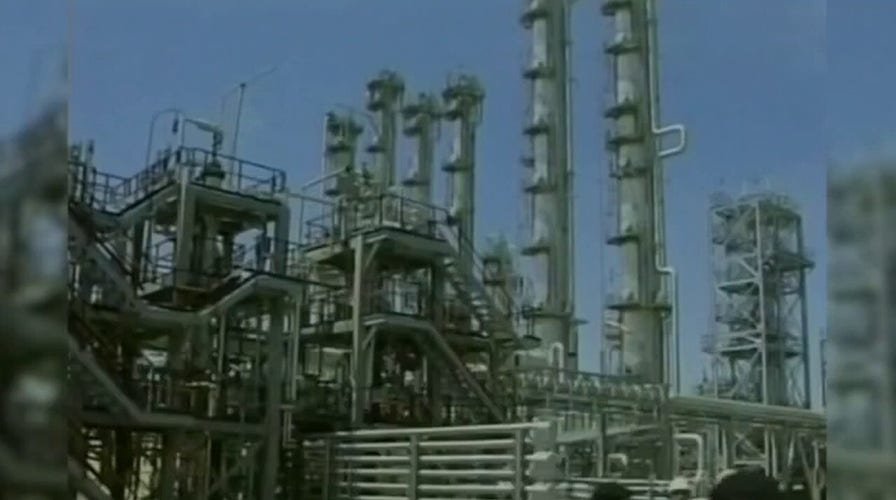IAEA Demands Iran Allow Inspections at Suspected Nuclear Sites Amid Escalating Concerns
 Iran
Nuclear Nonproliferation
Iran
Nuclear Nonproliferation

A global nuclear watchdog is demanding Iran grant immediate access for inspections at sites where undeclared nuclear material or activities are suspected.
International Nuclear Agency Pressures Iran on Site Access
A leading global nuclear watchdog, widely understood to be the International Atomic Energy Agency (IAEA), has issued a firm demand to Iran, urging the nation to permit immediate inspections at sites where undeclared nuclear material or activities are suspected. This call for transparency comes amidst ongoing international concerns regarding Iran's nuclear program and its adherence to non-proliferation agreements.
The Imperative for Inspections
The agency's demand underscores the critical importance of robust verification measures in ensuring that nuclear programs are exclusively peaceful. Access to suspected sites is a cornerstone of the IAEA's mandate to monitor and verify compliance with the Nuclear Non-Proliferation Treaty (NPT) and associated safeguard agreements. Without such access, the international community faces significant challenges in fully understanding the scope and nature of Iran's nuclear activities.
Allegations of Undeclared Activities
While specific details about the "bombed sites" mentioned in the original report are not available, such terminology typically refers to locations where there is intelligence or evidence suggesting past nuclear-related activities that Iran has not declared to the IAEA. These could include research, processing, or storage of nuclear material. The agency's insistence on access to these locations highlights suspicions that Iran may have engaged in undeclared nuclear work, raising proliferation concerns.
Geopolitical Implications
The ongoing standoff between Iran and the nuclear agency has significant geopolitical ramifications. It impacts international efforts to restore the Joint Comprehensive Plan of Action (JCPOA), commonly known as the Iran nuclear deal, and further strains relations between Tehran and Western powers. Resolving the issue of site access and transparency is considered crucial for de-escalating tensions and fostering greater trust in the peaceful nature of Iran's nuclear ambitions.